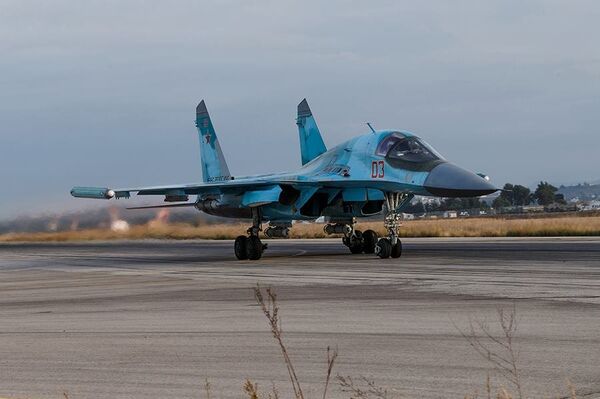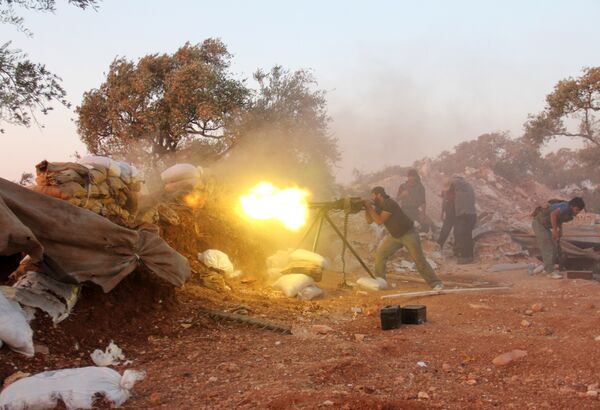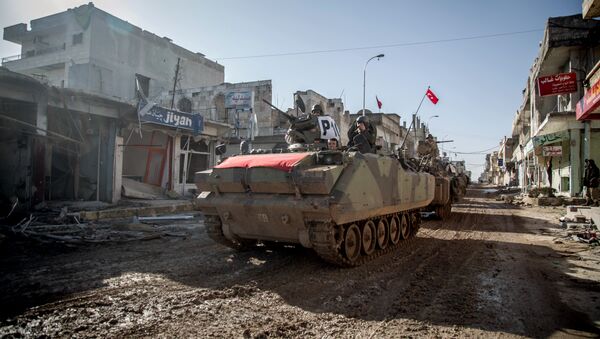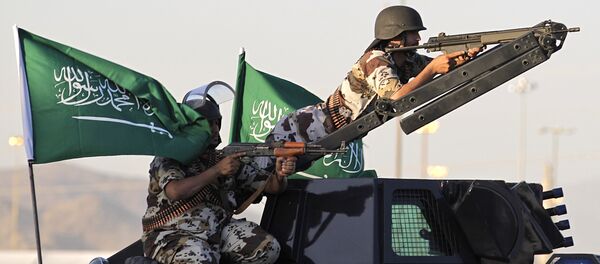Daesh "serves merely as a pretext for justifying any prospective operation by the US and its regional allies" that will aim at "challenging and rolling back Syrian and Russian gains on the battlefield" or at the very least "providing an unassailable sanctuary within Syrian territory for the West's defeated proxies to retreat to," the Bangkok-based geopolitical analyst wrote for New Eastern Outlook.
Rumors have long circulated that Ankara is planning to launch a limited military incursion into northern Syria. Earlier this week, Russia's Defense Ministry shared evidence showing that Turkey was indeed actively preparing for the operation. In addition, Saudi Arabia said that it was ready to take part in a ground campaign in Syria as part of the US-led anti-Daesh efforts.

From this perspective, Ankara and Riyadh's "sudden interest" in escalating the Syrian conflict has "more to do with rescuing the West's proxy terrorists before they are entirely eradicated and/or expelled from the country," the analyst noted.

Cartalucci also outlined the best- and worst-case scenarios for Syria at the moment. The former involves Damascus restoring peace and security on large swathes of land amid simmering tensions with Turkey and Saudi Arabia. The oil kingdom will also be burdened by the ongoing operation in Yemen, which many have condemned as a humanitarian disaster, while Ankara will have to deal with the Kurds at home and beyond.
"The worst case scenario includes a NATO incursion into northern Syria being met by overwhelming resistance, blunting both its air and ground forces. With the majority of Turkish and Saudi military equipment originating in the US and Europe, it would in turn further weaken the illusion of Western military superiority upon the global stage," the analyst added.



